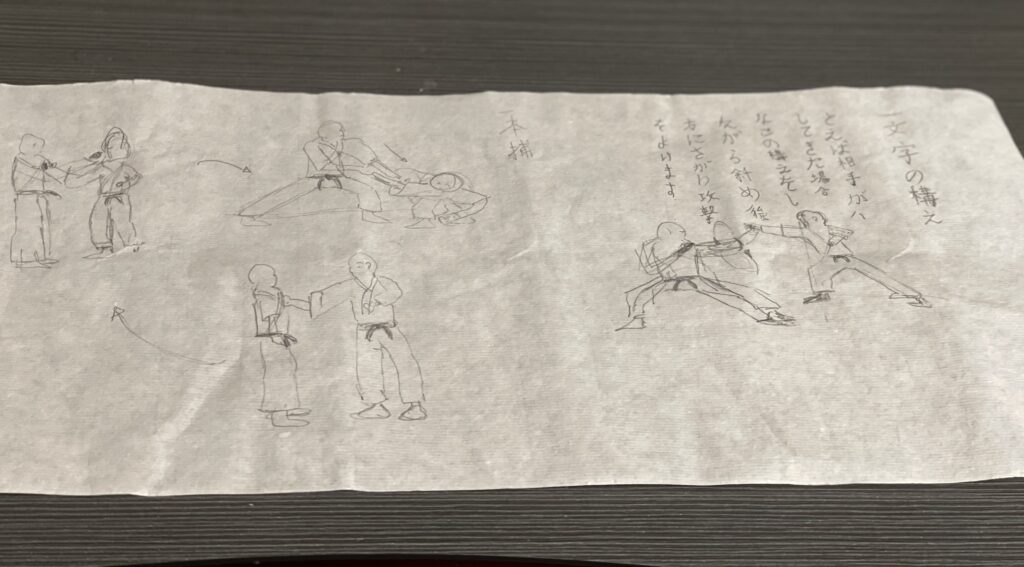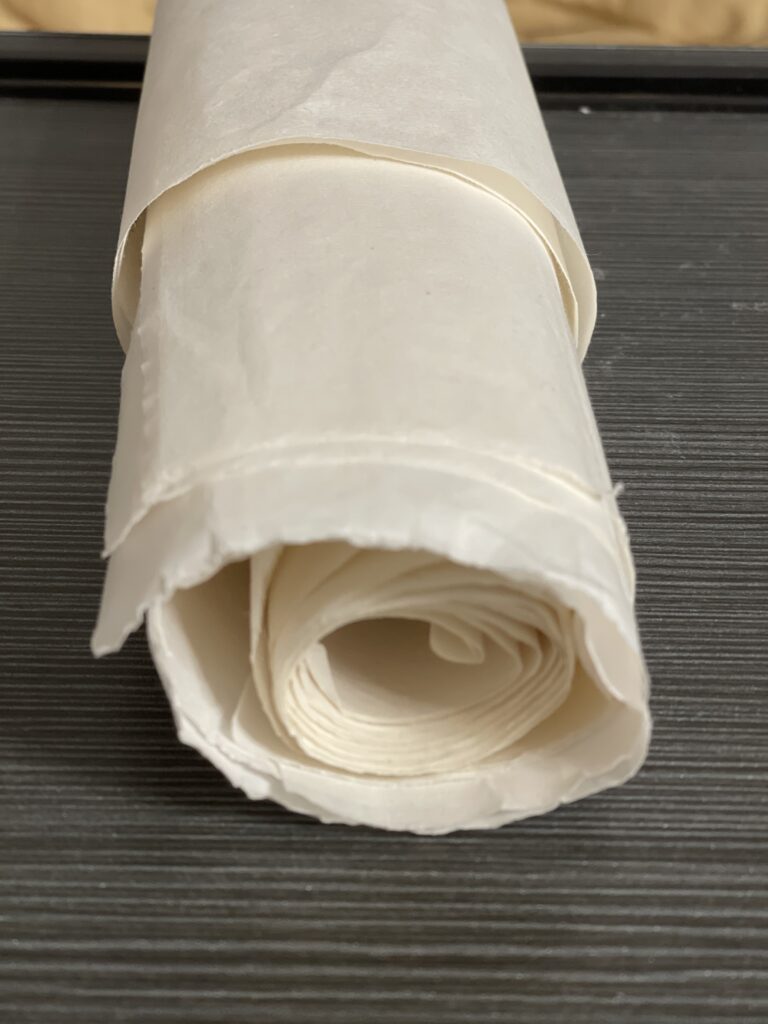There are several ways to transmit knowledge however the most effective is the combination of thought word and deed. In the world of Budo the three has to be used in harmony in order to get the most from your training. In this write up I would like to focus on the “word”. The concept of the word can be further divided into two parts. The first is to be able to articulate a principle, movement, feeling etc. the 2nd is being able to put it down on paper. Throughout the centuries masters regarded recording their experiences in writing so the next generation will have a reference point / a foundation from which to build on. With each generation adding their experiences, feelings essentially gives the next generation an opportunity to build on the previous without loosing the essence.
Anyone can plot a trip on a map app from point A to point B. But only those who travelled from point A to point B and back can share their experiences so the next person can have a more enjoyable and productive trip.
When you take notes you essentially repeat the cycle of thought, word and deed in a more intimate setting allowing you to recall important details and principles through the lesson a second time in your head. It is now almost like you have done the lesson twice in one night. For many people writing something down is also a great method of retaining information. As we age our mental capacity diminishes. Much of the knowledge would eventually be retained in the body through your naruel memory. However the body does not have the capacity to remember names, dates, historical accounts let alone every detail that was covered in class. For this reason maintaining notes is crucial part of training. It will have everything you have trained and all the emotions you have experienced, since the beginning of your Budo journey.
What to Include in Your notes? When writing your journal the key thing is to document the techniques you worked on in class. It is important to explain these techniques to yourself step by step, in wording which you best understand. Describe the emotional relationship associated with each technique both of the teacher and your own. All of this information will not only help you understand how to perform the technique properly but will also allow you to track and understand your progress over the years as you re-read your notes. Essentially anything that can help you grow, develop and eventually pass the knowledge onward. I would also suggest you correlate any life experiences as a direct result of training. These experiences will help you bridge the practice and application. As you mature over the years so will your note taking. Keep your notes organic and proactive update them.
When reviewing your notes It is important to review them frequently. Just like in school, the more you study, the more information you will retain. Budo has a huge psychological and emotional component and therefore it is important to work on your psyche in addition to your physical skills. While it is important to review your notes as much as possible, it is critical to review them while performing the techniques physically as well as mentally by using various visualization techniques. This is your time to study and add any additional steps, information, or insight about the technique. It is also important to look at how your emotions change as you continue to train.
Take an active approach to your training and keep the passion flame going.


